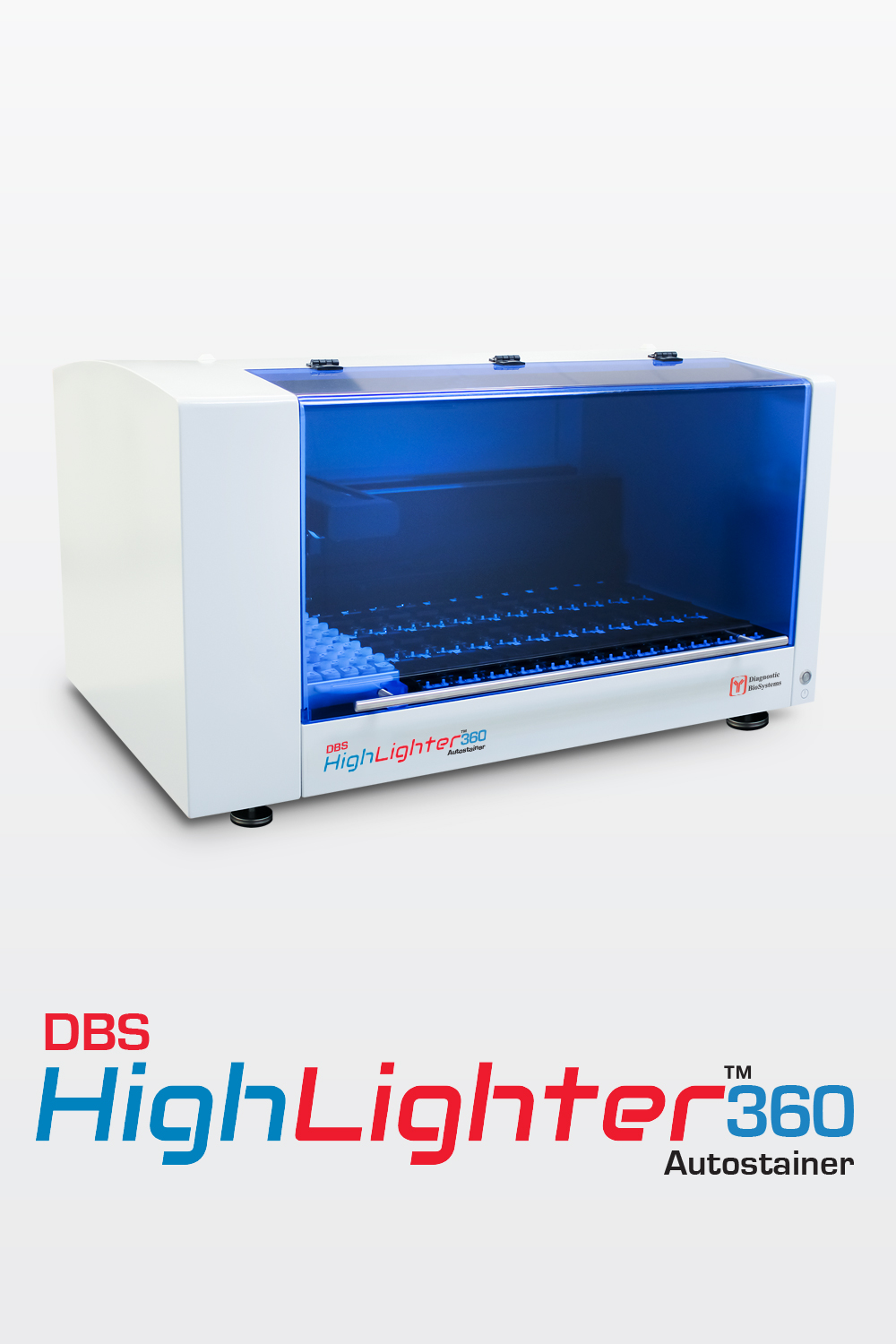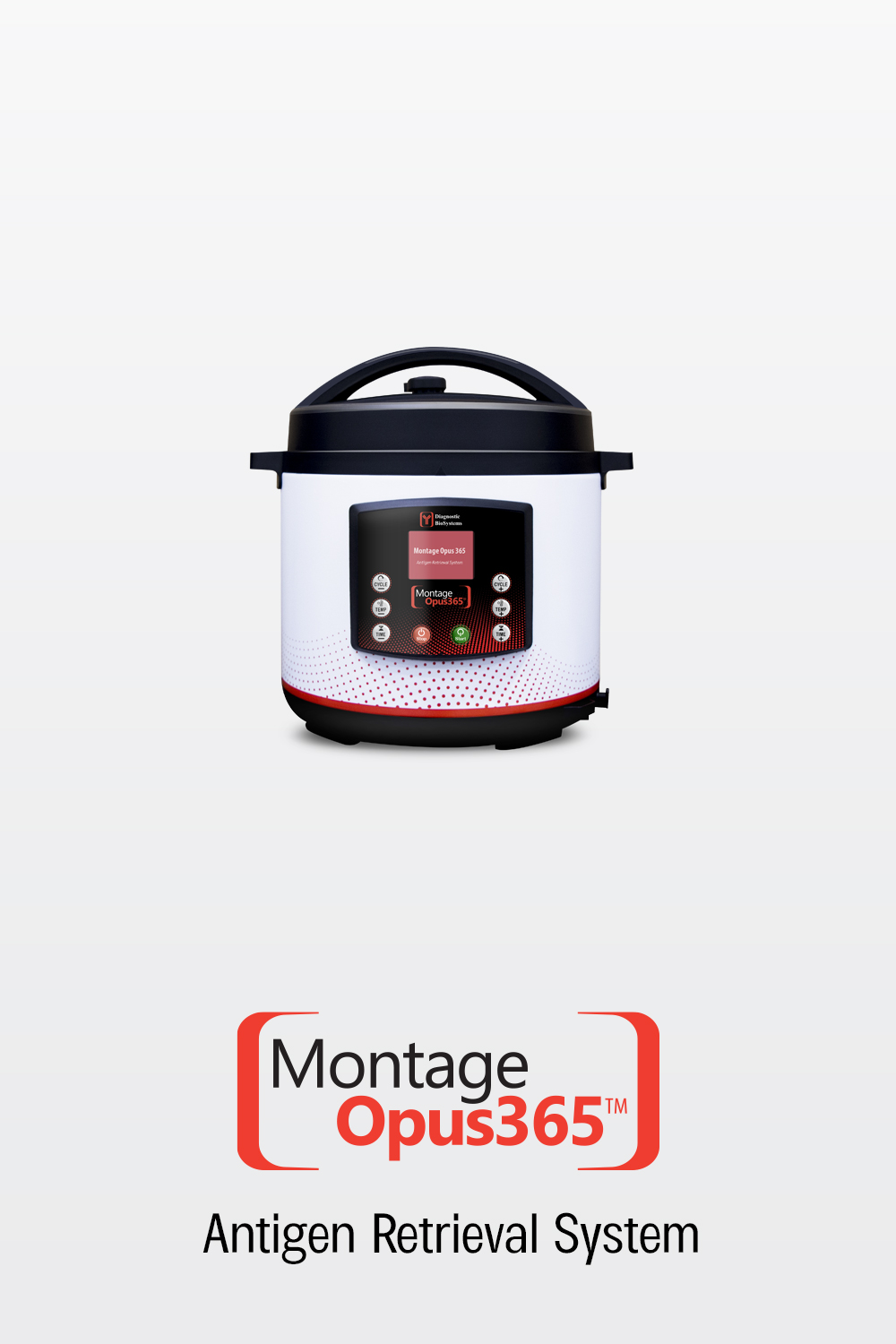CANCER AWARENESS
Breast Cancer Awareness Month 2025
Breast Cancer Awareness Month: Pioneering Detection with Precision
At Diagnostic BioSystems, we provide numerous sensitive and specific immunohistochemistry (IHC) antibodies and reagents to enable reasonable diagnosis, differential diagnosis, and useful information of disease prognosis and therapeutics. The key IHC biomarkers include Estrogen receptor (ER), Progesterone receptor (PR), human epidermal growth factor receptor-2/c-erB-2/Oncoprotein (HER2Neu), and Ki67 (cell proliferation index) among other biomarkers. The IHC testing by the four biomarkers establishes personalized therapeutic plans for patients with breast cancers worldwide.
Role of IHC:
For diagnosis, prognosis, and treatment of breast carcinoma (BrCa), IHC usually starts with the detection of ER, PR, HER2Neu, and Ki67 to differentiate the subtypes of breast cancers and to determine the disease prognosis and management protocols. There are approximately 15%-20% of breast cancers that are characterized with cancer cells not being immunoreactive to antibodies against ER, PR, and Her2Neu. They are referred to as triple negative BrCa (TNBrCa) or basal like breast carcinoma. GATA3 is a much-often used IHC biomarker for making diagnosis of breast cancer, although it is not very sensitive and not able to tell breast cancer from bladder urothelial cancer.
Trichorhinophalangeal syndrome 1 (TRPS1) is a highly sensitive marker for breast cancer and relatively specific, by not expressing in bladder urothelial cancer. The combination of GATA3 and TRPS1 would be the excellent combination to make a diagnosis sensitively and specifically. The two biomarkers are now available at Diagnostic BioSystems. At Diagnostic BioSystems, we also provide multiple IHC biomarkers such as ammaglobin A and GCDFP-15 to separate primary breast cancer from metastatic cancer from other organ systems. There are, at Diagnositc BioSystems, some muscle markers like smooth muscle myosin, calponin, and CD10 and some myoepithelial biomarkers such as p40 and p63 to be able to identify between invasive breast cancer and in situ breast cancer.
Explore DBS’s highly sensitive and reliable markers for your breast cancer cases.
Together, we can make early detection more effectively by saving lives, one diagnosis at a time.
Brochure: https://bit.ly/DBS-BreastPanel




